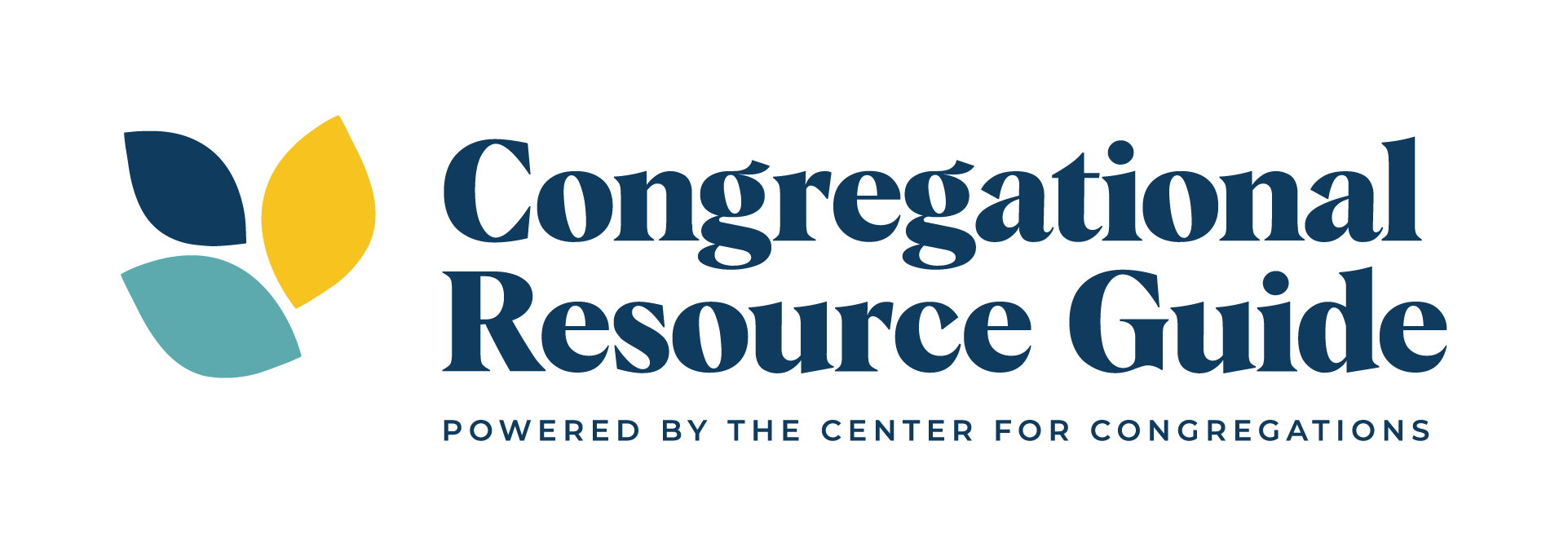Is your congregation planning something new? If so, there are five key questions you can ask yourself and the group with which you are working. The five questions apply to almost every kind of congregational project. These key questions provide focus. Responses to these questions will provide structure for your work. You and your colleagues can meet your goals when you use these questions throughout a process.
Here are the five key questions:
Try weaving these questions into the agenda of your next meeting about a new endeavor. Listen carefully to the conversation. Observe when the energy in the room rises. Observe when the energy lags. Share this back to the group. Ask others to interpret responses to the questions. Form your work plan based on what you are hearing.
This is how your congregation learns to do new things.
Resources you can use
You can learn more about these five questions in chapter nine of How Your Congregation Learns.
As you have probably observed, asking questions is a powerful learning and leadership behavior. Two recommended resources on asking questions and congregational leadership include: The Art of Powerful Questions: Catalyzing Insight, Innovation and Action and Encyclopedia of Positive Questions.


